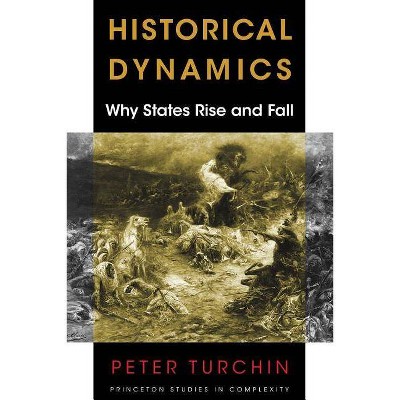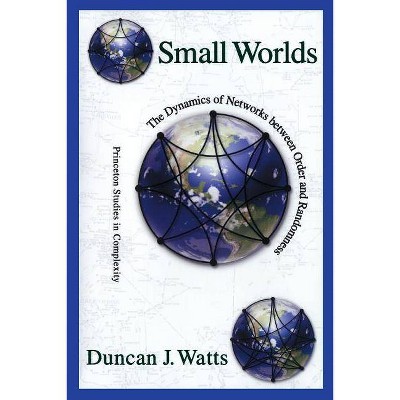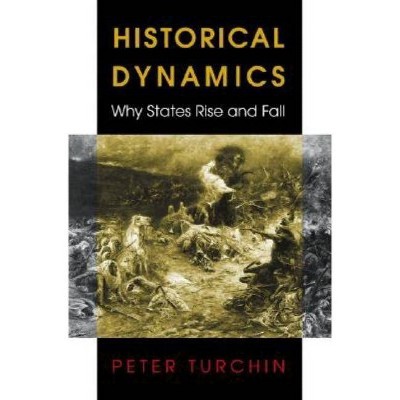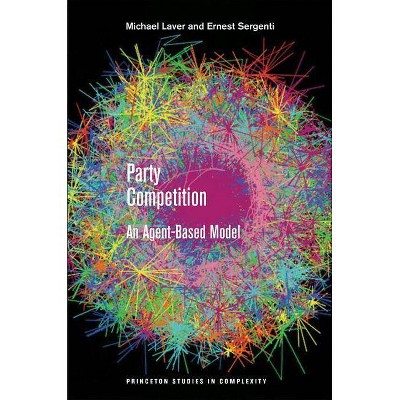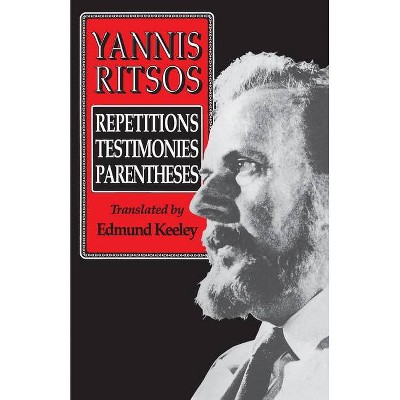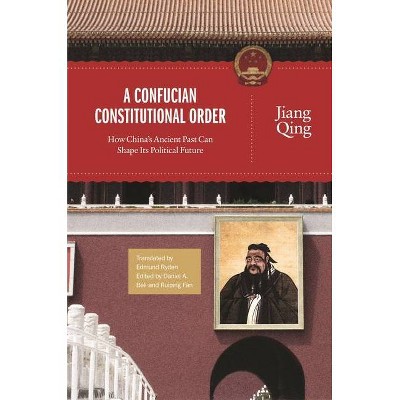Islands of Order - (Princeton Studies in Complexity) by J Stephen Lansing & Murray P Cox (Paperback)
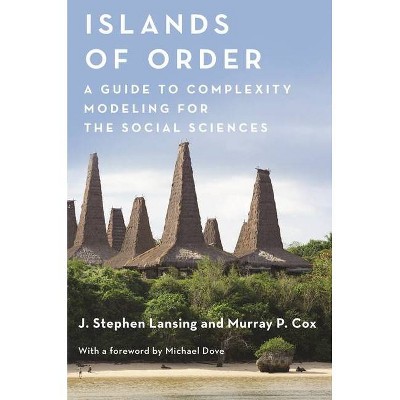
Similar Products
Products of same category from the store
AllProduct info
<p/><br></br><p><b> About the Book </b></p></br></br>Over the past two decades, anthropologist J. Stephen Lansing and geneticist Murray Cox have explored dozens of villages on the islands of the Malay Archipelago, combining ethnographic research with research into genetic and linguistic markers to shed light on how these societies change over time. Islands of Order draws on their pioneering fieldwork to show how the science of complexity can be used to better understand unstable dynamics in culture, language, cooperation, and the emergence of hierarchies. Complexity science has opened exciting new vistas in physics and biology, but poses challenges for social scientists. What triggers fundamental, discontinuous social change? And what brings stable patterns-islands of order-into existence? Lansing and Cox begin with an incisive and accessible introduction to models of change, from simple random drift to coupled interactions, phase transitions, co-phylogenies, and adaptive landscapes. Then they take readers on a series of journeys to the islands of the Indo-Pacific to demonstrate how social scientists can harness these powerful tools to discover out-of-equilibrium social dynamics. Lansing and Cox address empirical questions surrounding the colonization of the Pacific, the relationship of language to culture, the emergence and disappearance of male and female hierarchies, and more. Unlocking new possibilities for the social sciences, Islands of Order is accompanied by an interactive companion website that enables readers to explore the models described in the book.<p/><br></br><p><b> Book Synopsis </b></p></br></br><p><b>Two pioneering anthropologists reveal how complexity science can help us better understand how societies change over time</b> <p/>Over the past two decades, anthropologist J. Stephen Lansing and geneticist Murray Cox have explored dozens of villages on the islands of the Malay Archipelago, combining ethnographic research with research into genetic and linguistic markers to shed light on how these societies change over time. <i>Islands of Order</i> draws on their pioneering fieldwork to show how the science of complexity can be used to better understand unstable dynamics in culture, language, cooperation, and the emergence of hierarchies. <p/>Complexity science has opened exciting new vistas in physics and biology, but poses challenges for social scientists. What triggers fundamental, discontinuous social change? And what brings stable patterns--islands of order--into existence? Lansing and Cox begin with an incisive and accessible introduction to models of change, from simple random drift to coupled interactions, phase transitions, co-phylogenies, and adaptive landscapes. Then they take readers on a series of journeys to the islands of the Indo-Pacific to demonstrate how social scientists can harness these powerful tools to discover out-of-equilibrium social dynamics. Lansing and Cox address empirical questions surrounding the colonization of the Pacific, the relationship of language to culture, the emergence and disappearance of male and female hierarchies, and more. <p/>Unlocking new possibilities for the social sciences, <i>Islands of Order</i> is accompanied by an interactive companion website that enables readers to explore the models described in the book.</p><p/><br></br><p><b> Review Quotes </b></p></br></br><br>"This exceptional book is chock-full of ideas that can inspire a new generation of researchers in the study of human societies using the framework of complex systems."<b>--Mark Moritz, Ohio State University </b><br><br>"A major achievement. The breadth and depth of this brilliant book, from rich ethnography to elaborate agent-based models, are awe inspiring and standard setting."<b>--Scott E. Page, author of <i>The Diversity Bonus: How Great Teams Pay Off in the Knowledge Economy</i></b><br><p/><br></br><p><b> About the Author </b></p></br></br><b>J. Stephen Lansing</b> is Director of the Complexity Institute and Professor in the Asian School of the Environment at Nanyang Technological University in Singapore. His books include <i>Perfect Order: Recognizing Complexity in Bali</i> (Princeton). <b>Murray P. Cox</b> is Professor of Computational Biology at Massey University in New Zealand.
Price History
Price Archive shows prices from various stores, lets you see history and find the cheapest. There is no actual sale on the website. For all support, inquiry and suggestion messages communication@pricearchive.us
